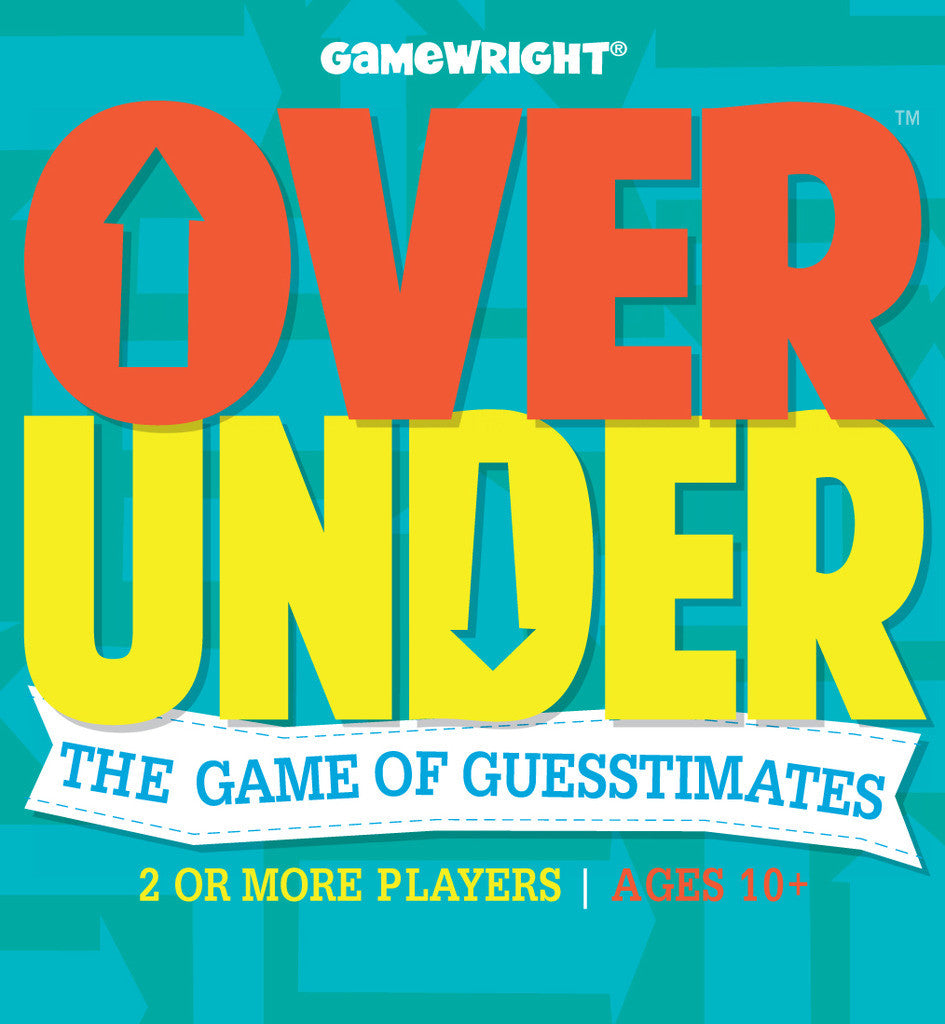Over/Under
Products title that includes 'PRE-ORDER' is subject to our Pre-order Policy
Couldn't load pickup availability
Delivery and Shipping
Delivery and Shipping
For more details, please refer to our Shipping and Order Information.
Pre-Order Policy
- Pre-order items are charged at the time the order is placed.
- Prices for pre-order items are subject to change based on final landed costs.
- If the final price is lower, the difference will be refunded to the customer in the form of store credit.
- If the final price is higher, customers will be given the option to either:
- Pay the difference, or
- Cancel the item for a full refund.
- Orders containing pre-order items will be placed on hold until all items in the order are available.
- Once all items have arrived and pricing remains unchanged, the order will be automatically shipped.
- Pre-orders are fulfilled on a first-come, first-served basis.
- If a pre-ordered item becomes unavailable (e.g., the publisher cancels the product), a full refund will be issued.
- Pre-orders may be cancelled and refunded by customers or the store.
- For transactions that are no longer eligible for direct refunds due to payment processor limitations, a store credit will be issued instead.
Description
Description
| Designer | |
| Publisher | Gamewright |
| Players | 2-99 |
| Playtime | 15 mins |
| Suggested Age | 10 and up |
| Additional Info | BoardGameGeek (Images, Videos, Reviews) |
How many bricks are in the Empire State building? How far away is Pluto? Make your best guess in Over/Under, the party game of estimating far-out facts.
In the game, which was first published as Die Größe macht's! in German, players start with a stack of question cards, with each card having three questions and the game having 200 cards. On a turn, the active player reads one question to the other players, who then collectively decide on a numerical answer for that question. The reader must then state whether the answer given is too high, too low, or exactly right. If the reader guesses wrong, he removes the card from the game and the next player chooses the next question; if he guessed "over" or "under" and was right, he keeps the card, then passes the deck; if he guessed "exactly right" and was right, he keeps the card, then reads the next question himself. Bonus!
When the stack of cards runs out, the game ends and whoever has the most cards wins.


